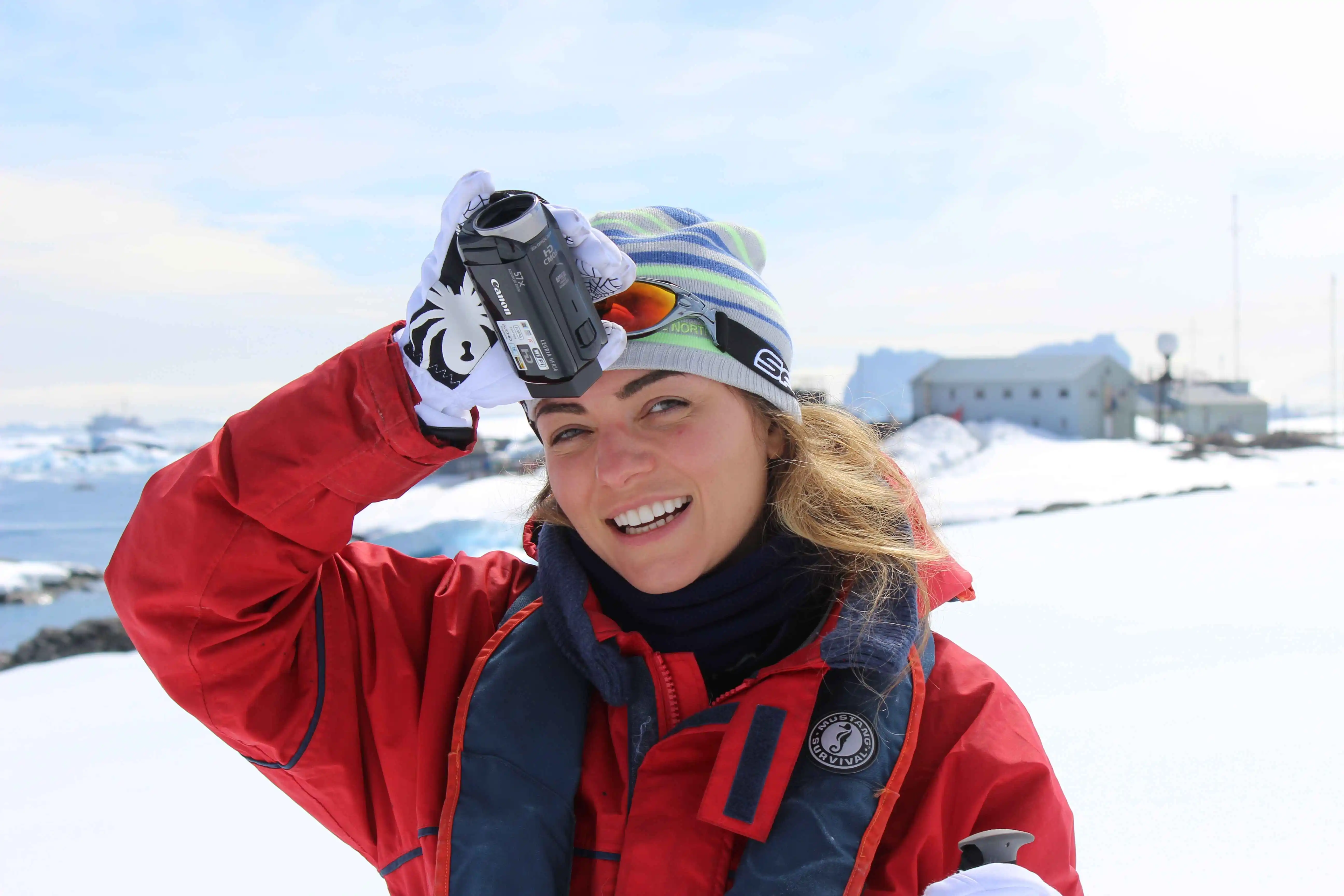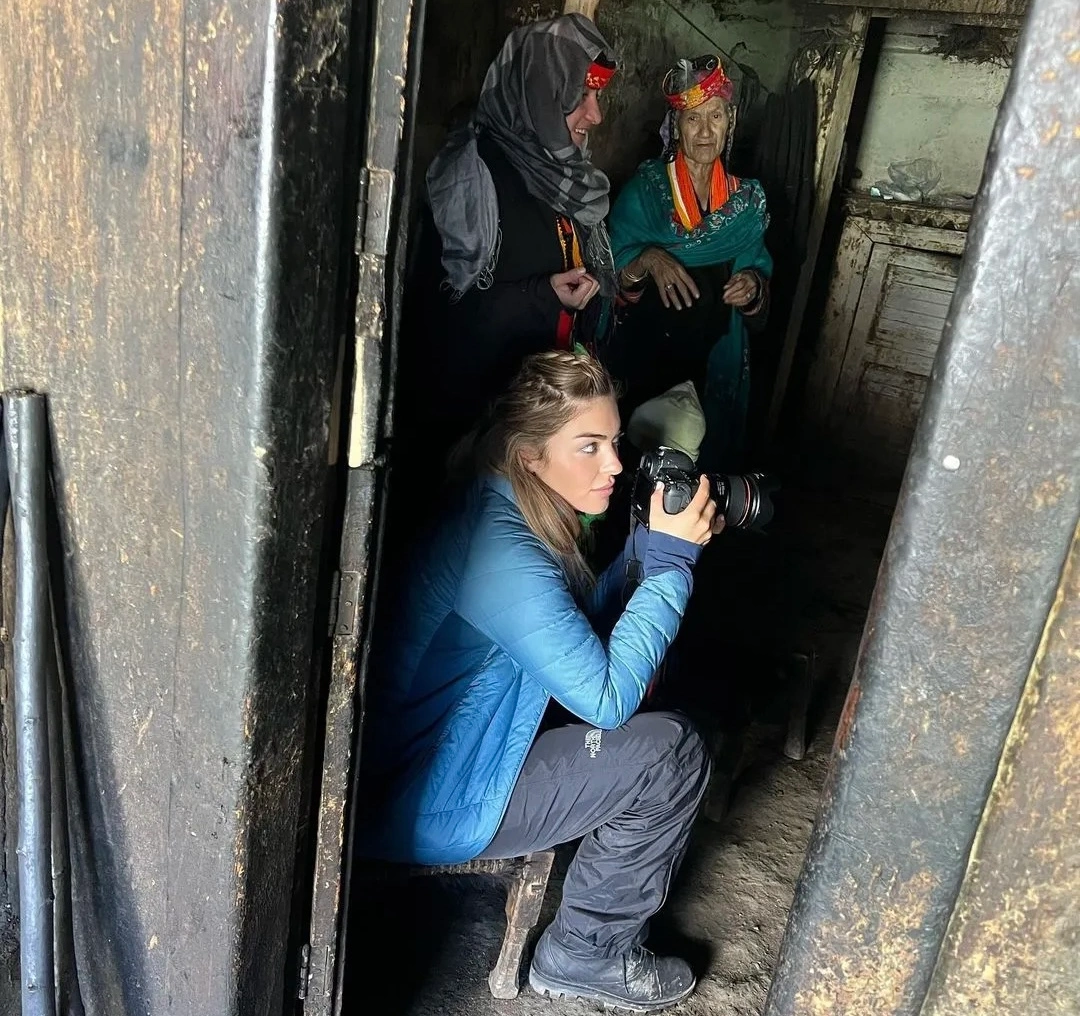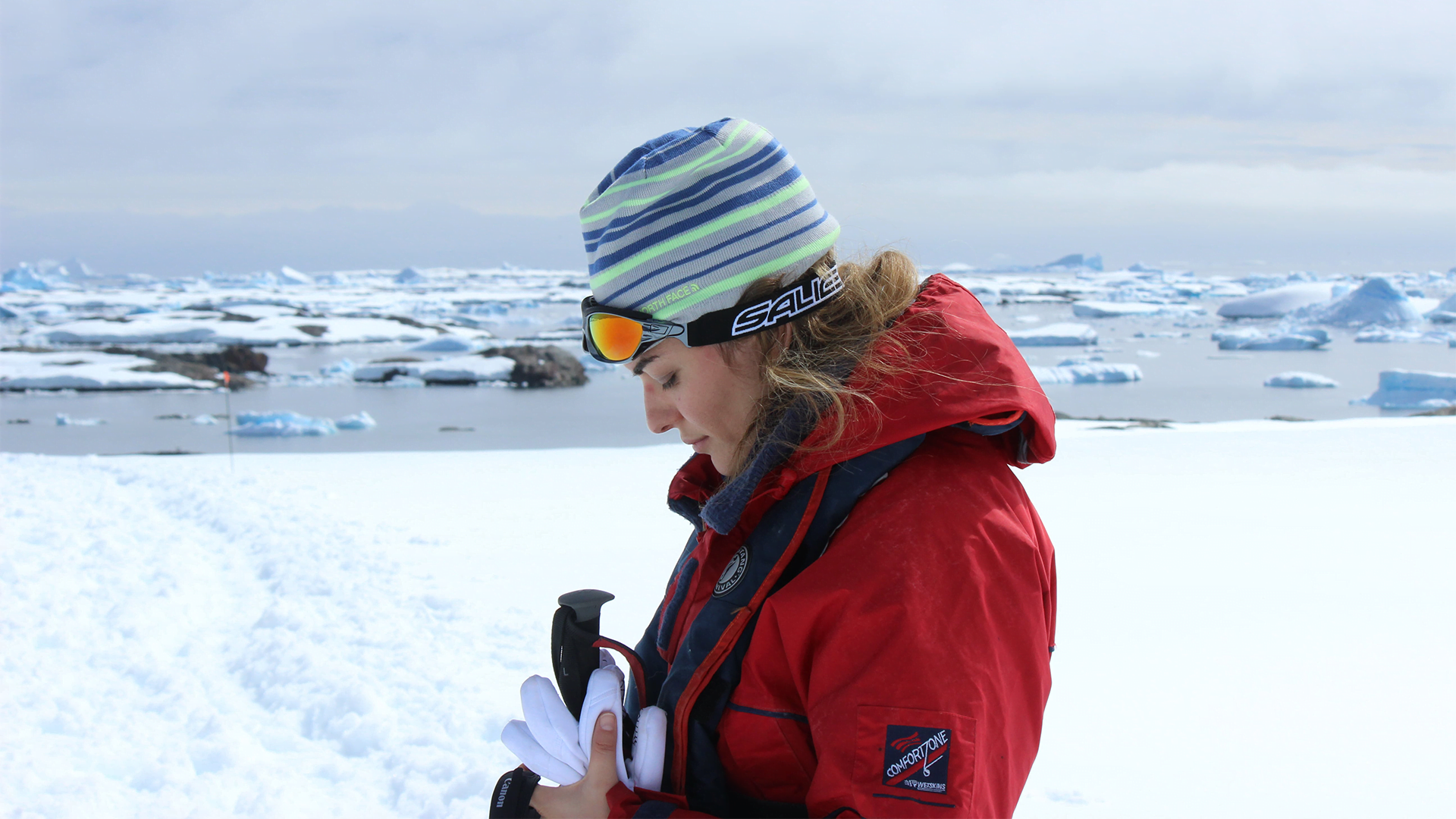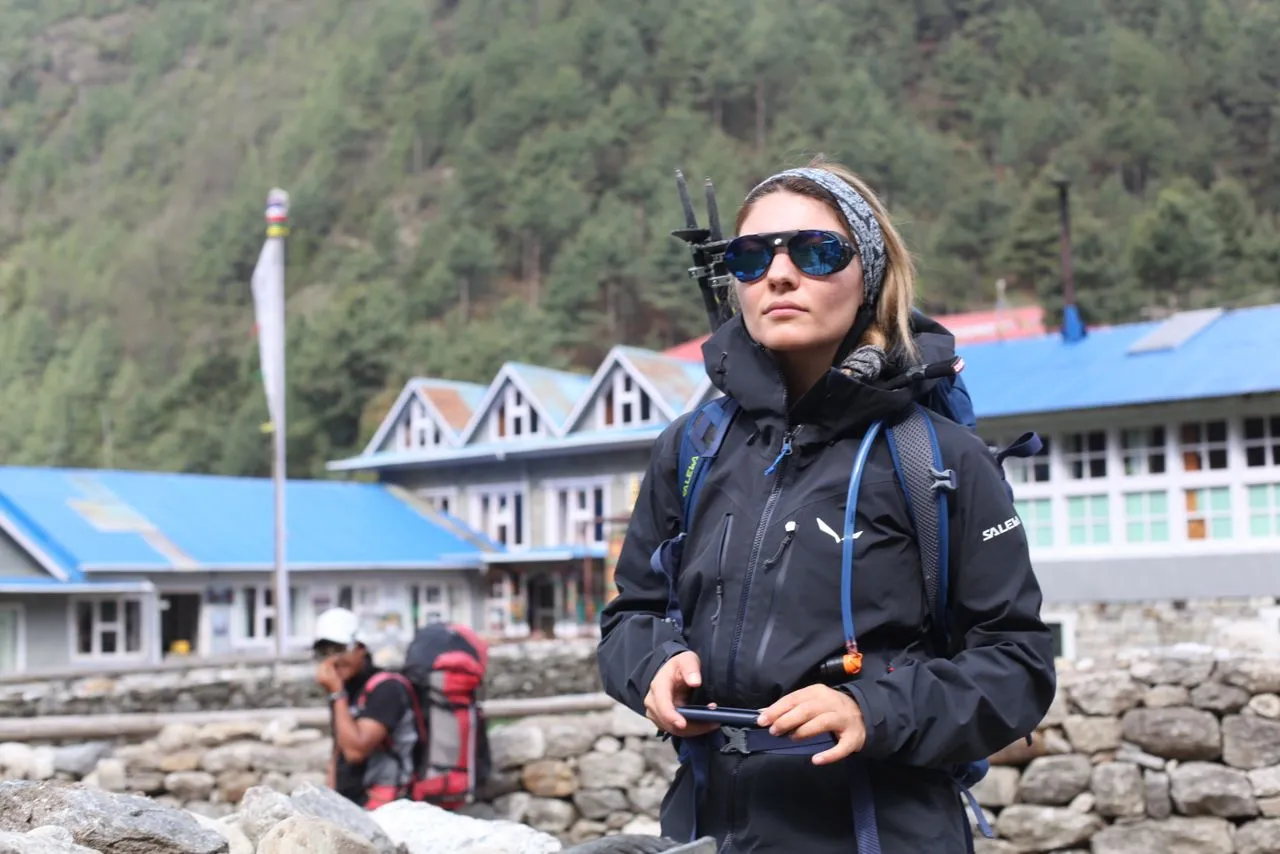Traveling to the South Pole is still a mystery to me. From the moment I decided until I was in Ushuaia port, it only took six months. Indeed, the stars aligned. The ship we boarded was taking some environmental scientists to their research stations.
We, the passengers of Ushuaia Port, gathered in a café to see each other. There were about seventy of us about to embark on this journey. The age range of those going on this trip was over sixty. I was the youngest. If someone asked me why I accepted the risk of traveling to the pole at this age, I would have clear reasons and a rational appearance. Rational means that I had convinced myself that I had chosen this path for reasonable grounds, even if I had to bring my childhood dreams and aspirations into the mix.
Childhood Dreams and Inspirations
First of all, the documentary “Nanook of the North”. I had seen it in my childhood. In childhood games where I was the hero, I, like Flaherty, would enter unknown lands and befriend the natives. We would build ice houses with Nanook, go hunting, and imagine how they would react to anything that seemed interesting to me.
As I grew older, a cartoon called Nanook told stories in the same environment. Its hero was a teenage boy. I had outgrown watching cartoons, but I could still talk to others about Nanook.I had been to the North Pole three years before my trip to the South Pole. Everything was destroyed. Of course, I knew nothing of Nanook’s Northland remained, but facing it still weighed on my heart. I saw the former Eskimos on the outskirts of the cities, primarily drunk, homeless, with broken faces, living in a land that did and did not belong to them at the same time; a sense of exile.
Even in adulthood, even though we know our childhood dreams don’t exist and are merely myths and stories, our hearts still break as if all the precious things have been lost. Of course, another thing I remembered from my childhood was the memoirs of the Omidvar brothers. The book was old, had no cover, and was the most mysterious world I entered. As I grew older, I dreamed and wanted to travel; the Omidvar brothers were my role models.
Their journey to the South Pole was one of the most exciting parts of the book. But you always know there’s something you don’t know what it is, like the motivation or reason hiding itself and sometimes showing itself and going away. Something that later became the reason for my journey to the South Pole. This journey was an awakening experience for me to look deep within myself.

Facing the Unknown: Navigating the Journey
As the ship set sail, it drew the penguins in that area toward it. They flapped their wings and screamed. Their cries were like the sounds people make when trapped in a bad dream. We had signed a paper resembling a consent form, which implicitly stated, “You’re on your own.” It was as if the penguins were organizing a farewell ceremony.
Everything we had heard about polar journeys when the ship set sail was a myth: shipwrecks, getting caught in storms, and the sea expeditions that have claimed lives. We had dinner, talked, watched movies, and went to sleep. The next day, they were passed in the same way. Gradually, we began to see small pieces of ice, and the ship slowly opened its path.
The journey to the South Pole began when the ship’s danger alarms sounded. They had given us previous instructions. The ship’s crew was collecting objects. They led us from the deck to the cabins, one by one, making sure we had fastened our seatbelts. The initial movements of the ship were exciting, but half an hour later, everything changed. We were getting up from our beds and falling back onto them due to the violent shaking.
Nausea and anxiety set in. We knew we were passing through the Drake Passage, where many adventurers had met their demise from the 18th century to the present, seeking to discover something unknown. I don’t know scientifically what happens, but what I felt during those two days passing through the Drake Passage was a kind of disorientation. It was a disorientation of coming to one’s senses and going out of them, complete awareness. All my senses were working correctly; I could see and hear, and my brain could analyze events, but there was a different kind of awareness at another level between times.
The past had returned with full force. The primary question was: What is my motivation for this trip? The makeshift answers were fading: for adventure, releasing happy hormones, or exploring an unknown point. But something had drawn me to this journey, as if an inner calling had summoned me.
The strangest dreams of my life appeared somewhere between what I didn’t know was a dream or a trance. What kind of death do I want? Am I ready to die? If I had enough time to say goodbye, what would I do? Above all, my mind was focused on my daughter, Donya—a wish to write only a few lines for her. What did I want to tell her? Various pieces of advice came to my mind. What I had realized in life that could be useful to her was this: “Life is short; enjoy it. Living is different from mere existence. Wish, dream, imagine, and move towards it, and then paint even bigger dreams.”
But I sincerely wanted to tell her how much I loved her. Her birth had brought joy into my heart, and with her, I had begun to live again. I wanted to write these few lines, but what if the ship sank? One by one, members of my family and friends came to mind. In my imagination, I expressed gratitude to all of them. Everything had been cleansed—the disappointments, minor troubles, misunderstandings, everything that had tarnished memories. What remained was an inner celebration.

Encountering the Antarctic Realm
Is death more significant or life? Why did everything seem so insignificant in the shadow of death? I felt the most profound form of forgiveness in my heart. I vomited, and as a result, my heartbeat slowed down. My body was something greater than me, a machine that had taken control of me.
What is more significant than my mind? The genes I was born with, my family, my place of birth, and the era in which I was born? I remembered the book “The Death of Ivan Illich.” I was among people, but I felt a kind of solitude in the face of death. They had brought us to the back part of the ship, which had less shaking. On the way, I saw the ship’s captain, whose uniform buttons were undone. The appearance of sternness and control had disappeared from him. The crew needed help. Everything was in suspension, in disorder.
The only thing that remained was a mutual understanding that had formed among us, the fellow passengers, in the face of death. The Ivan Illiches, in their last moments, realize what deceptions they have fallen for in life and what is left for them in their final moments. It seemed to me that I had never tasted happiness like this in those moments until now—the entrapment between the tenderness of lifeless bodies among people who had humbled themselves by acknowledging their weaknesses.
Accepting fear and helplessness had removed all masks. We emerged from that storm, but I didn’t come out of the inner whirlwind. We went to the ship’s crow’s nest. Large pieces of the Antarctic ice became visible. When I saw them, I was reminded of that Freudian metaphor where the peak above water is the human conscious mind, and the subconscious is the vast, hidden part beneath it, whose greatness remains unseen. What had drawn me to this journey was momentarily submerging underwater, witnessing that dreadful greatness, and surfacing for a fraction of a second.
The realm of death, what I am pulled towards in every adventure, and the fear of it inviting me to explore. When we reached the Antarctic Circle, the southernmost circle of the Earth, we celebrated ritualistically a tradition that had been established. Everything returned to normal. Music played on the deck. I stood somewhere between the cabin’s darkness and the deck’s light. I remembered a sentence I had read somewhere: “Live rightly and die when it’s time.” The first thing I did was to contact my daughter. I had no sentences to tell her. How could I tell her in those constantly disjointed, interrupted lines, with continuous disconnection, that she was one of the things that brought me back from death to existence?




